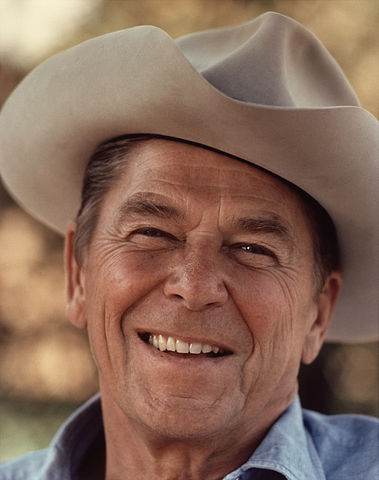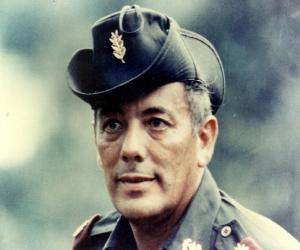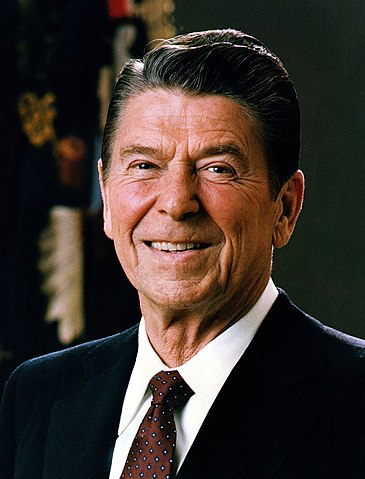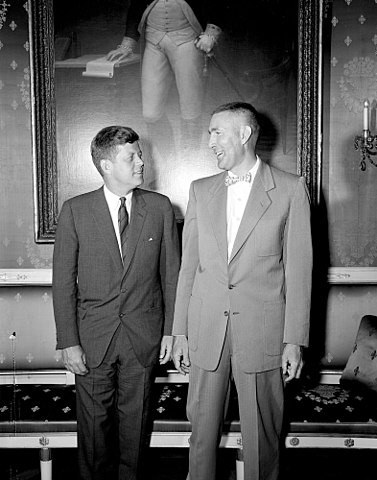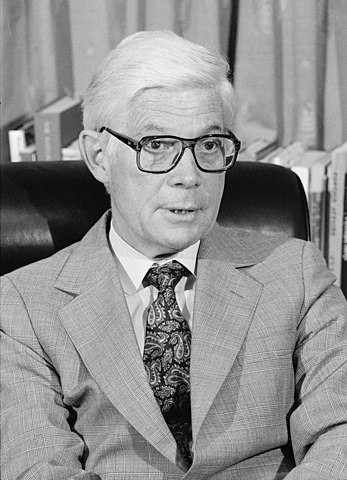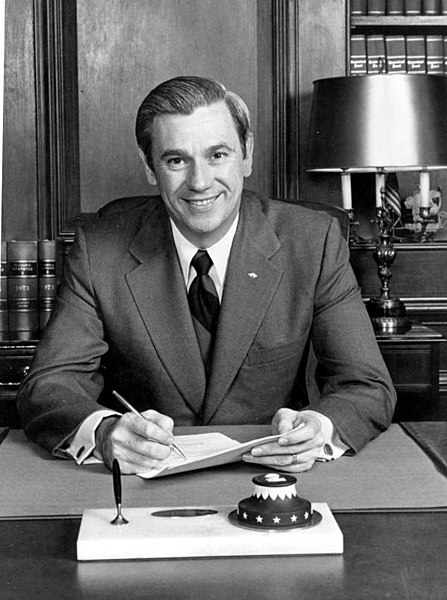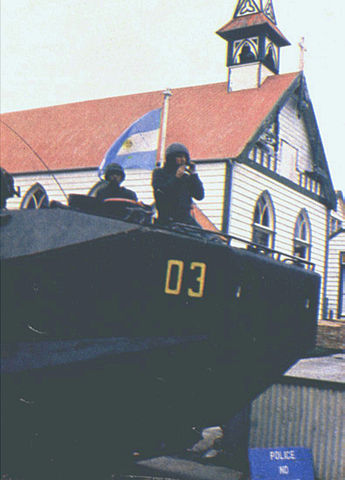PROLOGUE III: The Reagan Administration- Foreign Fires & Fury
Omar Efraín Torrijos Herrera, Maximum Leader of Panama
Huele a quemado...
Torrijos' final arrangement for a deal with the Reagan Administration had fallen on deaf ears. Over the course of 1977, there were fewer and fewer routes taken and there was a growing sympathy toward him from the rest of Central America. For the past several years, the growing leftist sentments in Central America have been growing quashed by the actions of the American CIA and their reactionary autocratic associates, all in the name of "anti-communism", in maintaining the dominance of American hegemony over in that hemisphere. Unsurprisingly, there was a growing amount of resentment and frustration in that regard. As such, Panama was leaning further and further to their most radical option.
If they cannot have the canal...
neither will the Americans.
This plan had been in the preparations for months for this contingency. Ordinary means and appealing to the international court had not functioned and the hope for sympathetic American leadership had gone out when seeing who Reagan was and the likelihood of his victory. Nonetheless, trying to appear as the rational one was an option. Now they had no real choice. As Reagan boxed them more with the accusations of being in bed with the communists... well, why not? Castro and those like-minded were willing to aid them and all he asked for was powerful explosives.
Over on before New Years Eve of 1977, a popular radio personality would have delivered what sounded like his ordinary address that night on Panamanian radio. However, in truth, the address contained a coded message to the trained commandos and sleeper agents around the Canal Zone embedded around the country, who would have launched attacks on the gates and dams that regulate water levels in the canal, as well as the locomotives that pull ships. Powerful explosives were to be used to damage the gates and dams that regulated it. Recently, beyond increase the scope of the explosion, moreplants were added in the area for the purpose of surveilance, but also a form of damage control. In a moment of pragmatism, it was decided to try and minimize casualities, with the ideal solution being that without any dead Americans, it would be less fuel for the government to use on the citizens.
By the time the sun rose the next morning, millions of dollars in goods would have been stranded on the Atlantic and Pacific sides of the canal. The gates have been pretty damages and the smell of burning was in the air. Reagan would wake up to the news of the damage of the Canal... of it being inoperable and of the economy feeling the massive shockwaves of trade impedement. Within hours, forces would be mobilized against Torrijos and his forces, who would flee to the jungles.
War had broken out. However, not just for Panama, but for the various Central American powers as well... the explosion of the Canal was first of many... what followed was what was described as a growing wildfire of rage and rebellion against American imperialism. The rise of rebels against the Somoza dynasty in Nicaragua... the roaring rage within El Salvador and Honduras... and even spreading starting down to some of the juntas... the people were become angry and tired of being the Americans' punching bags.
President Reagan addressed the people in the news of an attack of canal with unknown casualities (later revealed that by some miracle, Torrijos manage to avoid his plan without American murders in the attack) and the rally around the flag effect began spreading. Despite the spike in popularity though, this would be a very short-lived victory for the Reaganites. The brutal blow to the Canal, while not taking too long to heal, made the unstable economy even worse and with the price of oil, even more unstable and out of control. The rammifications this would have down the line would grow beyond what anyone would've seen.
Beyond that, Castro and his allies watched with intrigue as the belligerent Americans reaped what they sowed though also were cautious not to fan the flames too much, lest they spiral out of control. They were content to help supply rebels and disrupt the Americans' puppet strings. Europe was not as badly affected by the debacle though the sight of what had happened began causing a reflection for some people. Reagan, who was riding high, now would begin dealing with a large and unstable shift regarding his electability, and for many politicians, this caused them to begin stewing in doubt. To not get too stuck on their laurels and to maintain vigilance over themselves. Even the USSR themselves would continue to learn from the American mistakes regarding the interfering in foreign affairs, especially after Vietnam... what if they needed to get involved...? It was a question that would lead to the Soviets beginning to revise their own strategies...
Meanwhile, the GOP became more divided within the staff itself. The more dogmatic high on outrage and clashing heads against their more moderate and pragmatic co-workers, lambasting them for their foolhardiness and short-sightedness. Meanwhile for the Democrats, there was a mild sense of
schadenfreude over seeing the GOP beginning to catch fire for this and while maintaining strong unity in their resistance and for future plans, the approach for how was in the works. It was becoming more and more clear that the economy would be the key for them... and for the remaining progressives, this would be their main way for their goals.
As soldiers were being sent to secure the area and to overthrow Torrijos, the cracks were beginning to form. Inflation would get worse, supply lines interfered... no amount of jingoism could stand against the sagging economy... and the American people were not drunk enough on patriotism to keep it going...
Sooner or later... the hangover would eventually arrive...


